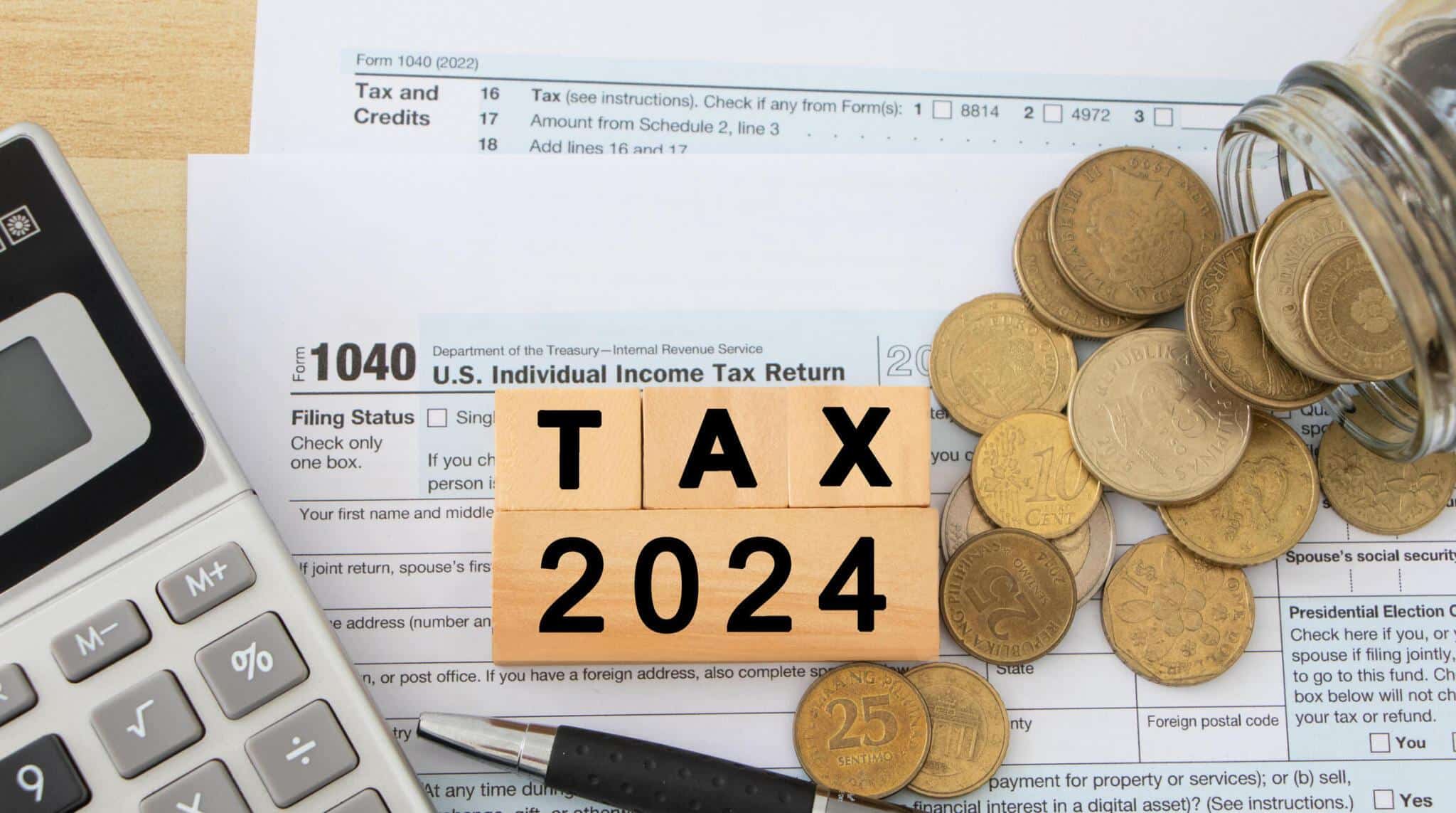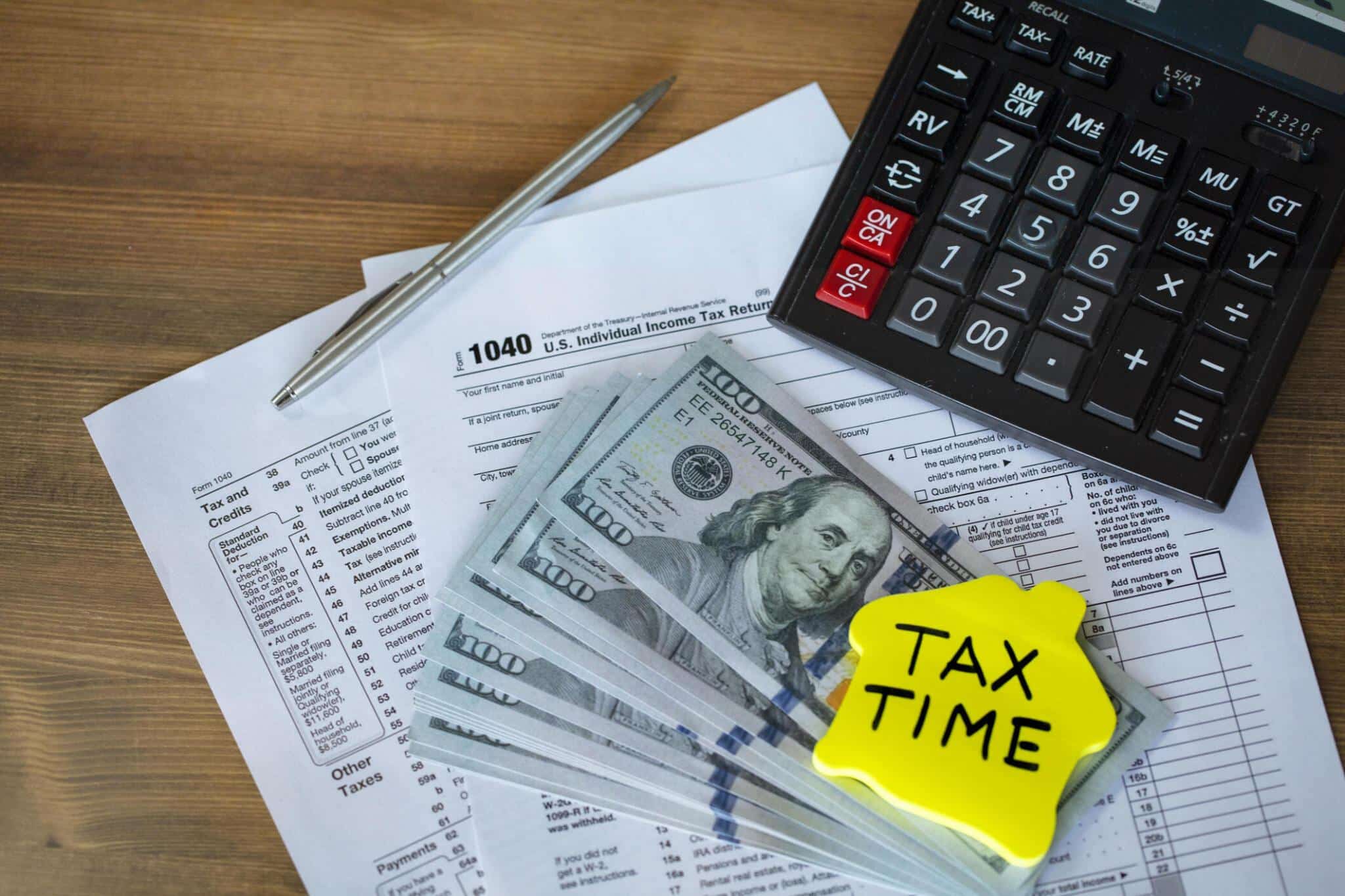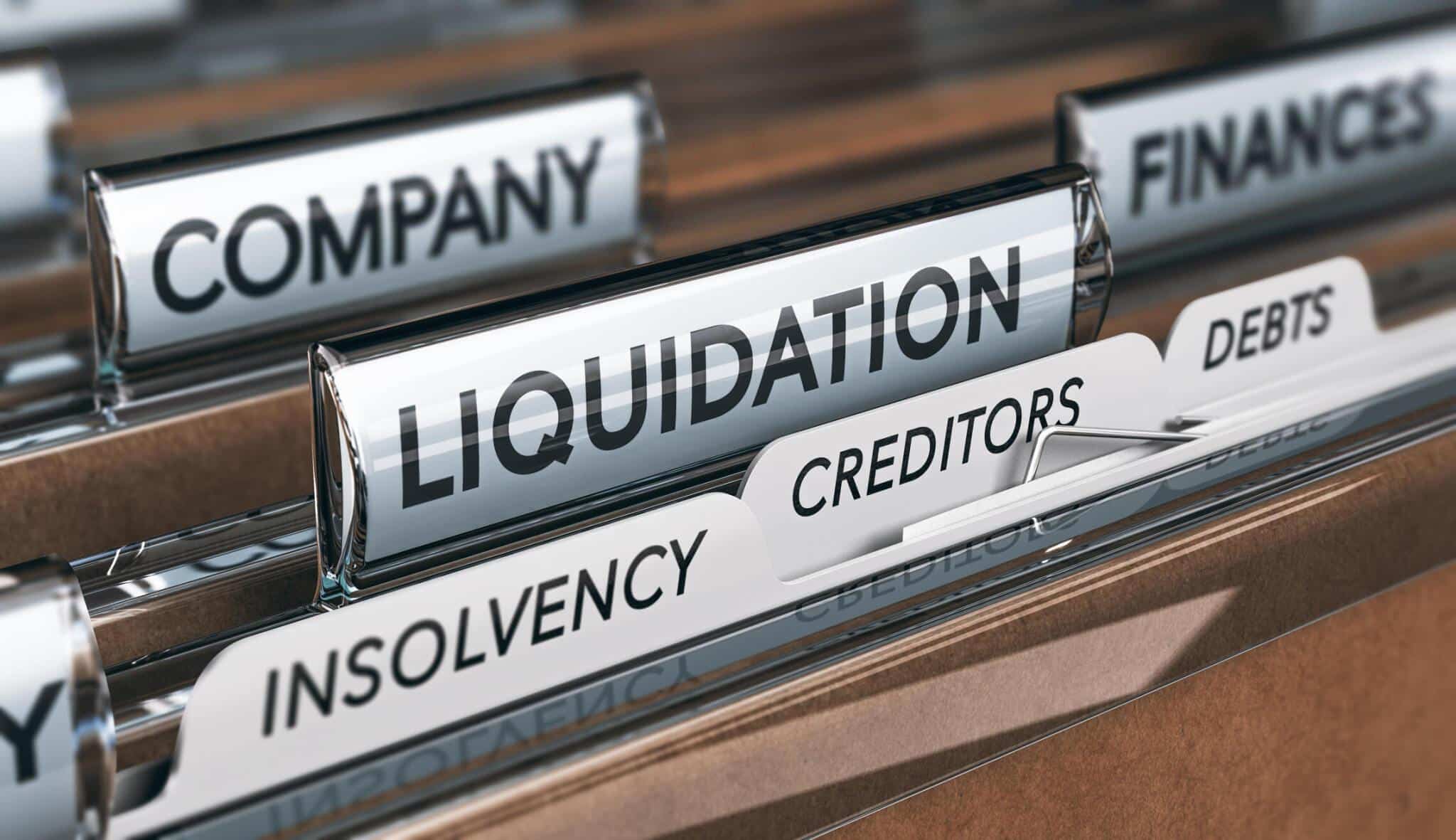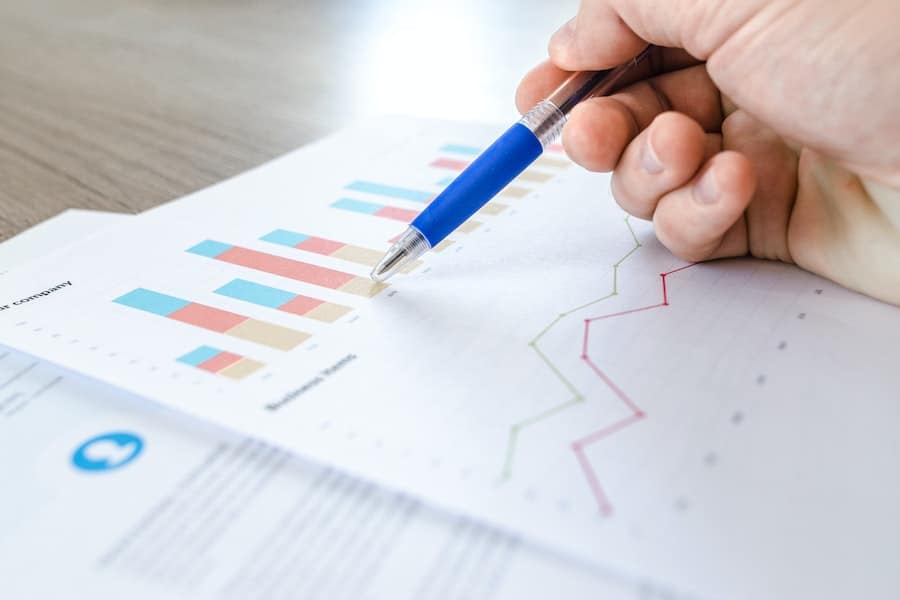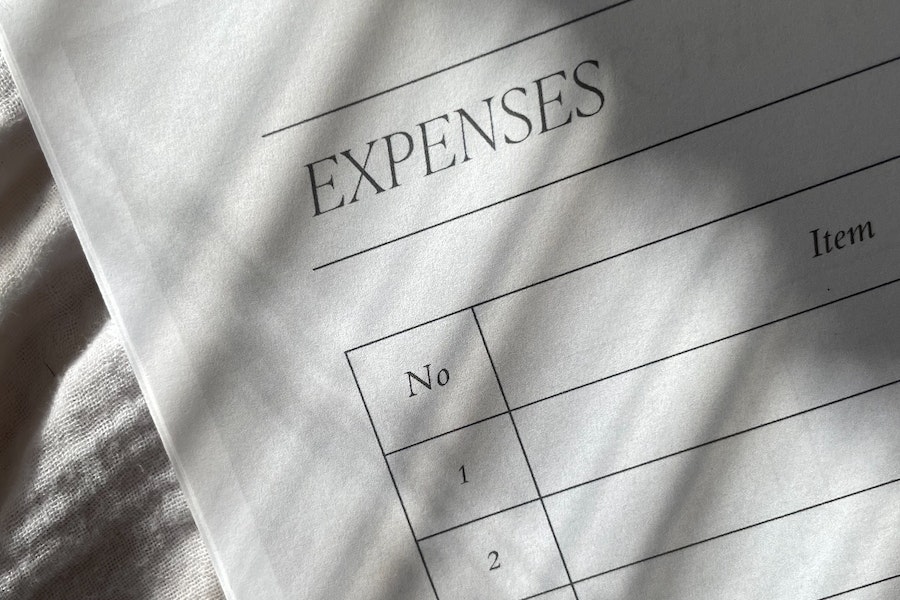The countdown is on to the financial new year and there are some strategic steps you can take to minimise your small business tax bill and make the reporting process easier.
Here is some general, last minute advice to help you prepare for EOFY, from a tax accountant:
Top up your superannuation
When you’re a business owner, it’s your responsibility to pay yourself superannuation. Nobody is twisting your arm to put this money aside but you can pay up to $25k per year without being taxed on the money.
If you have some extra profits you’re not sure what to do with, top up your super a few days before the end of June. All going well, this money will compound and grow for when you need it in retirement.
Contact your super fund for the details you need, deposit a lump sum then set up a direct debit to pay yourself a percentage of your monthly income (9-10% is generally the recommended amount).
While you’re thinking about super, check to make sure all your payments to your staff are up to date. These are mandatory and you risk a fine if you don’t pay your employees superannuation.
Pay Your Suppliers
Make June the month when all your suppliers are paid on time or early. You will need to pay these bills anyway and by handing over the cash before the end of the year you are minimising your company’s revenue for the financial year (this means you pay less tax).
Extend Your Invoice Due Dates
Be a great client by paying your suppliers early and be a great supplier by giving your clients a little extra time to pay.
Of course, this depends on the type of business you operate as you may have a strategy to sell as much stock as possible before the financial new year.
However, you will only pay tax on payments that come in before June 30. Later payments will go towards the 2021-2022 financial year.
Reconcile your accounts
At the end of the financial year, you need to ensure the money your business has spent and what it has earned is all accounted for.
The traditional way of doing this is with paper receipts and ledger books or spreadsheets but it is a much more streamlined process if you connect your business bank accounts with your online accounting software. Using this software, you can set up rules which can automatically identify your regular transactions.
After you have reconciled your accounts, it not only becomes easier to work with your tax accountant, it gives you a clearer picture of your financial situation so you can plan for the year ahead.
You don’t have to have this task 100% done by June 30th but the tax reporting deadline rolls around quickly. It doesn’t hurt to start early or even do this task quarterly so it feels like less of a chore.
Don’t have time to reconcile your accounts? Outsource to a bookkeeper who will take over this task for you.
Write off bad debts
If any of your invoices have gone unpaid despite you following up with the client, you need to write them off as bad debts in the same financial year as they occurred.
Hopefully you won’t have too many of these but by writing them off you are taking another step to reduce your taxable income and therefore your tax bill.
Spend to claim
Your business shouldn’t spend money it doesn’t have or can’t afford to spend. However, should you be in need of a marketing consultant, why not make someone an offer and pay for a few months of service in advance, before EOFY?
You might also be in need of new vehicles or equipment. You may as well purchase them now so you can make a claim on your tax return.
These decisions all come down to your budget because while business expenses are tax deductible, they shouldn’t leave you struggling in terms of cash. Sometimes it is better to have money up your sleeve and pay tax on it than spend it just so you can write off a tax expense.
Read more: Further tips from a tax accountant here.
Need help with your tax return? Contact the leading small business and tax accountants in Brisbane, the Sunshine Coast and Caboolture.



